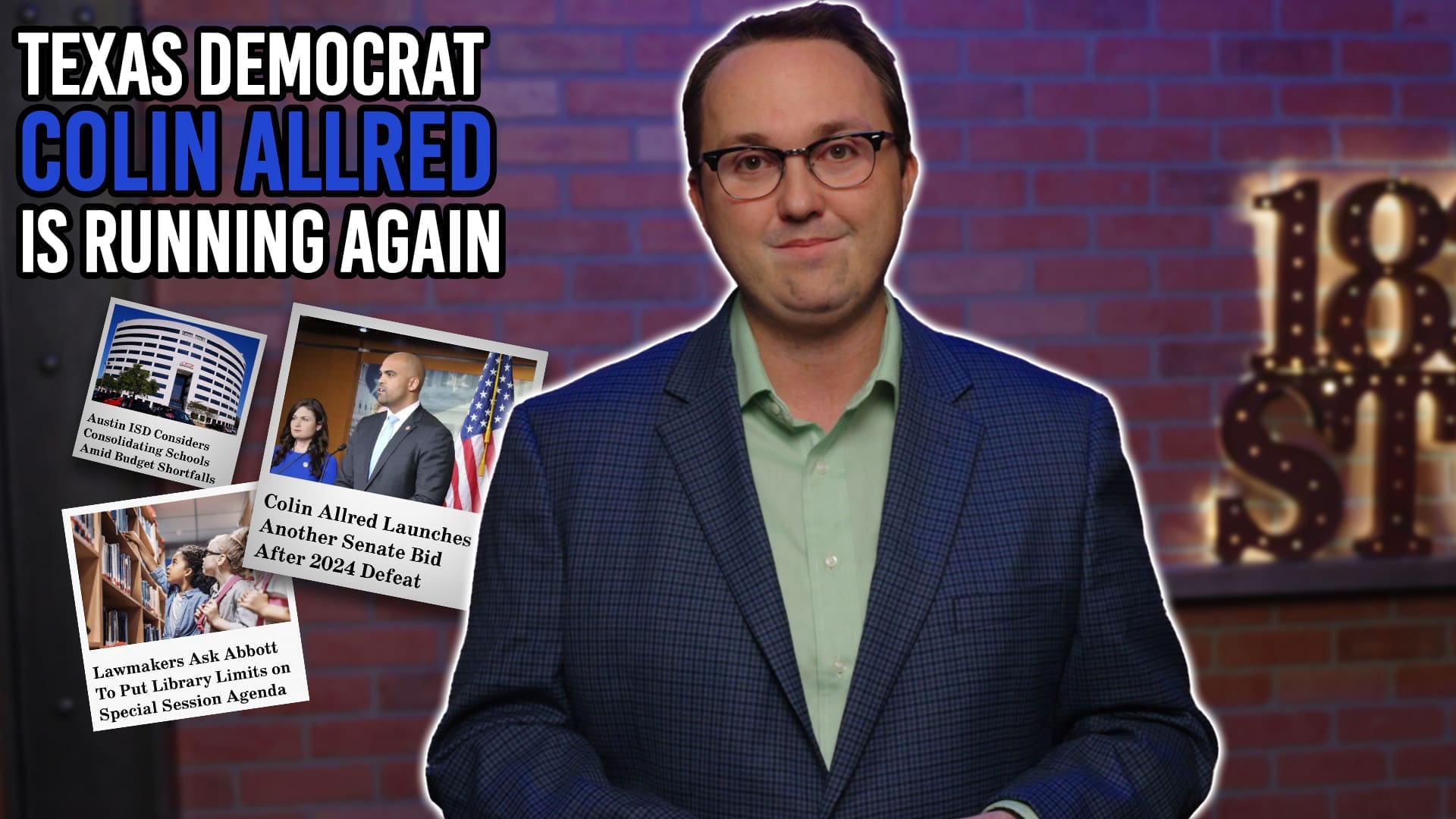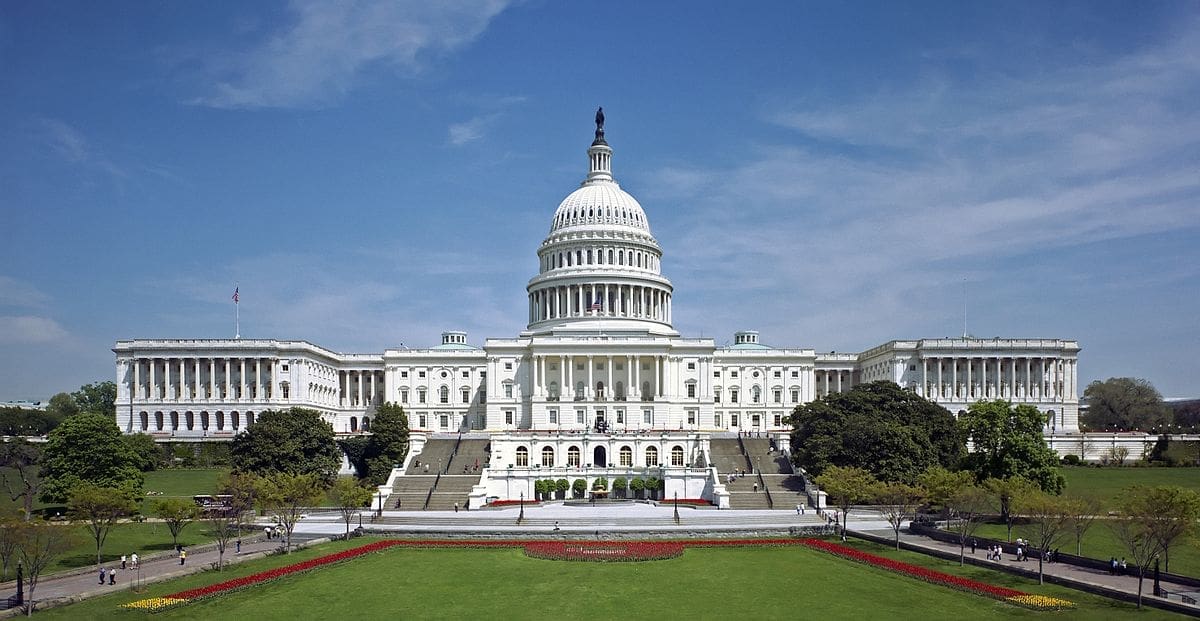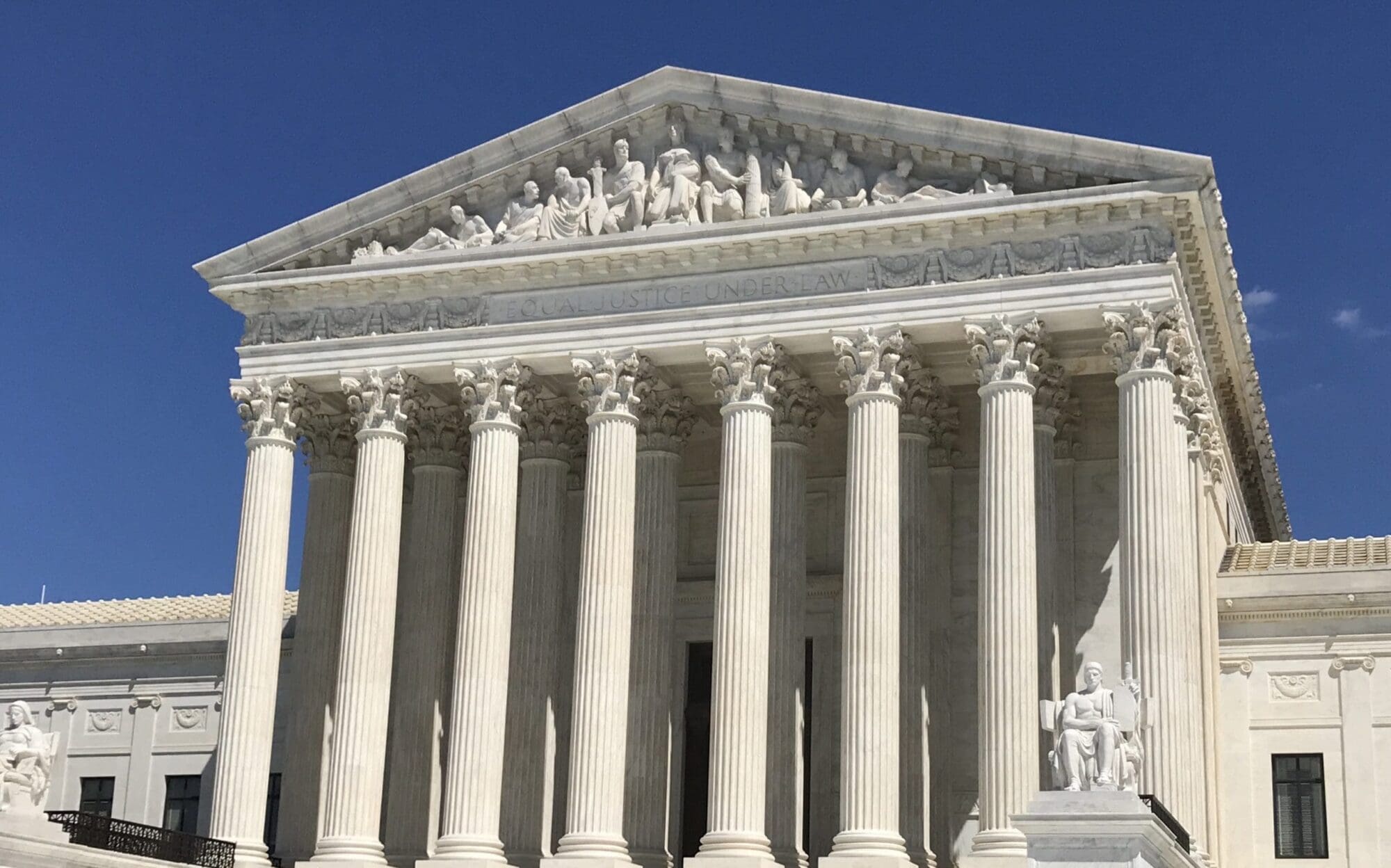Creation of another tax-funded entity with the goal of “revitalizing downtown” is slated for Odessa City Council’s September 25 meeting, and all indicators point to it passing unanimously.
City officials are looking to establish a Tax Increment Reinvestment Zone (TIRZ) that will make up a large majority of downtown Odessa, have a lifespan of 20 years and generate millions in tax dollars. Regardless of the time and dollar commitment involved, the only two things required to establish the zone is one public hearing, and a majority vote by city council members.
A TIRZ, which is governed by Chapter 311 of the Tax Code, is a public financing tool used for redevelopment projects in a designated area. When the TIRZ is established by a city, county, or petition, the property tax valuations within its boundaries essentially “freeze” and for the remaining years of its existence (in Odessa’s case, 20), any additional property tax dollars collected from increased valuations and new construction goes directly to the TIRZ. From there, the appointed board of directors (consisting of 5-15 members) will give recommendations on how to allocate those funds.
According to research conducted by the Texas Public Policy Foundation (TPPF), titled “Invisible Government: Tax Increment Reinvestment Zones,” Texas’ criteria for TIRZs is “expansive, pushing beyond the finding of blight required in other states,” which raises the prospect for abuse. It states, “This has resulted in TIRZ creation in middle-income areas and other places that do not have difficulty attracting development.”
Examples around the state, particularly in Houston, show that once a TIRZ is created, it often becomes a permanent fixture lasting well beyond its intended lifetime.
TXP Inc., an economic analysis and public policy consulting firm hired by the City of Odessa to study the reinvestment zone, proposed a 265.5-acre area (including roads) downtown within Bernice Avenue, 2nd Street, Adams Avenue and 8th Street. The current taxable value is $119.7 million; however, current construction projects will result in a much larger number as soon as December, which plays a role in city council’s decision to establish the zone ahead of its completion.
A $50 million Marriott Hotel and Conference Center and a $6 million multi-family project are scheduled for completion by the end of 2018 and 2020, respectively, adding a substantial boost to the TIRZ’s property tax rolls.
Over the 20-year period, the city is reportedly projected to generate as much as $9.5 million in revenue for the TIRZ, or as much as $23 million if Ector County, Medical Center Hospital, and Odessa College opt-in.
According to the Texas Comptroller website, these funds may be used for a variety of government projects, including roads, sidewalks, affordable housing, schools and other government buildings. Of special interest, the comptroller notes the city may sell TIRZ-backed bonds to fund the construction of these projects by simply passing an ordinance, circumventing the need for voter approval.
Critics of tax increment financing claim studies have failed to prove the financing tool truly benefits an area and/or increases the total amount of development in a region, but instead “shuffles development from one location within the region to another location.”
In addition, despite the millions of tax dollars involved, a TIRZ can be established relatively quickly and with little input from the public. In Texas, with just one public hearing required, a county or city can establish a TIRZ and appoint its board of directors with a simple majority vote during a meeting. This can result in local governments creating zones before residents even realize what’s being proposed. Just look at Houston, which so far has 27.
Ellen Witt, former deputy attorney general for legal counsel in the Texas Attorney General’s office stated, “People don’t understand that the [special districts] are government entities. For people to hold government accountable, they need to know that a group is a government entity to begin with. Many of these are operating under the radar. And they don’t seem to want the public to know they exist.”
Odessa City Council is scheduled to hold a public hearing and vote on the TIRZ at their next meeting on Tuesday, September 25, at city hall.




